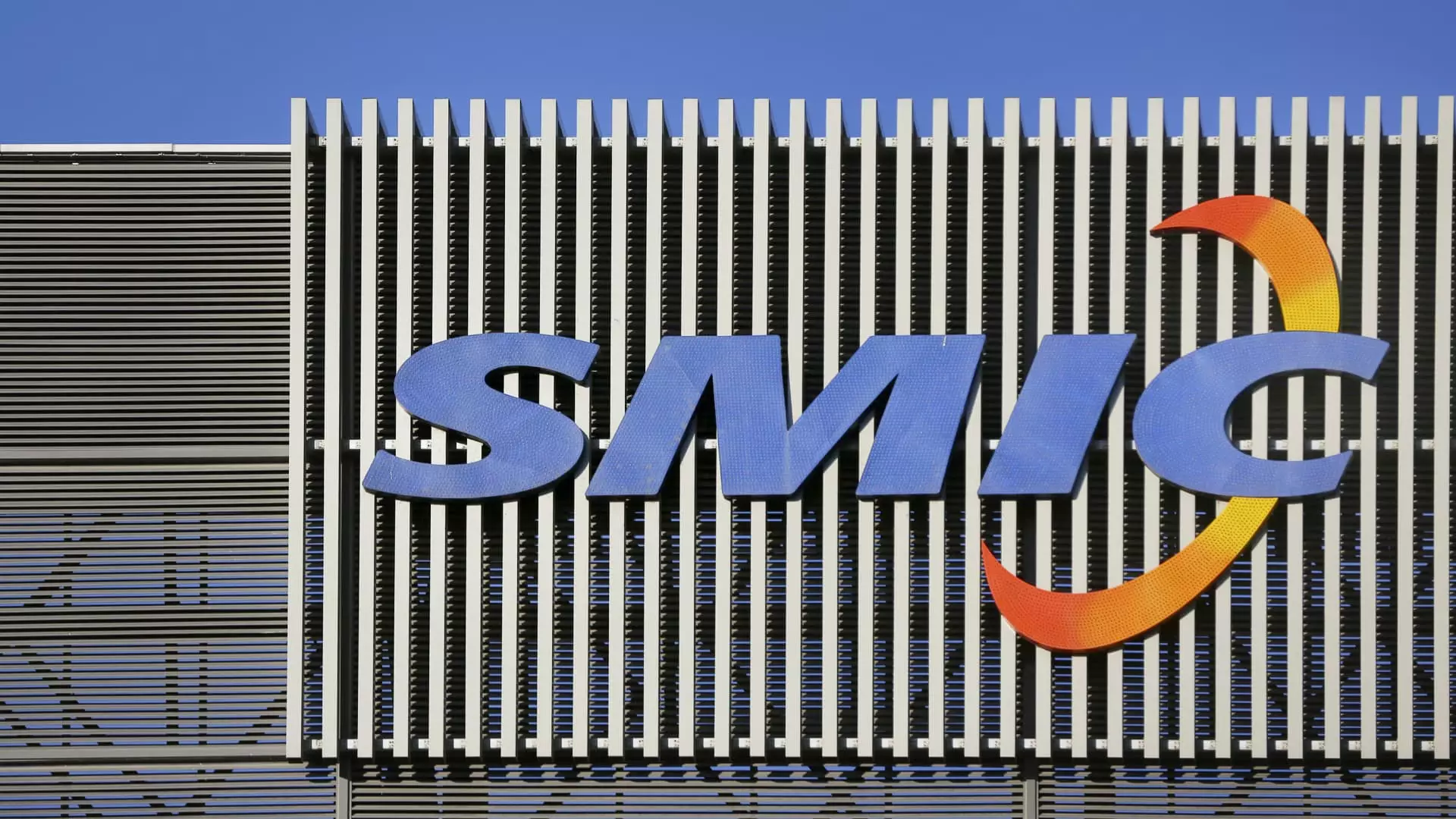Semiconductor Manufacturing International Corporation (SMIC) recently reported that its first-quarter profit fell below expectations, highlighting the intense competition in the chip industry. The company mentioned that competition in the industry has been increasingly fierce, and pricing for commodity products follows market trends. This puts pressure on companies like SMIC to innovate and maintain their market position.
SMIC, as China’s largest contract chip manufacturer, plays a critical role in Beijing’s efforts to reduce foreign reliance in the domestic semiconductor industry. However, the company faces tough competition from industry giants like Taiwan’s TSMC and South Korea’s Samsung Electronics. Despite SMIC’s efforts to stay competitive, it lags behind its key competitors in terms of technology and market share.
The company’s first-quarter net income decreased by 68.9% from the previous year, falling below analysts’ estimates. Additionally, SMIC reported a decline in gross margin to 13.7%, the lowest in nearly 12 years. While revenue for the quarter increased by 19.7% year-over-year, the company’s profitability and margin have been negatively impacted by the competitive landscape and pricing pressure in the industry.
SMIC relies heavily on its customers in China, with more than 80% of its revenue coming from the region. The company’s chips are used in various applications, including automobiles, smartphones, computers, and IoT technologies. This customer base diversification helps SMIC maintain a steady revenue stream, but it also exposes the company to risks associated with regional economic and geopolitical factors.
To enhance its competitiveness and expand its market share, SMIC is focusing on capacity expansion and research and development activities. The company aims to maintain its leading position in the market by investing in key areas. However, the decision not to pay dividends for the year 2023 reflects the challenges the company faces in balancing its financial priorities and growth strategies.
SMIC’s inclusion on the U.S. trade blacklist has restricted its access to certain technologies and suppliers, affecting its operations and growth prospects. Despite these challenges, the company continues to navigate the complex regulatory environment and explore alternative sources for technology and components. The restrictions imposed by the U.S. government have forced SMIC to reassess its supply chain and business relationships to mitigate risks.
Looking ahead, SMIC expects second-quarter revenue to increase by 5% to 7% driven by strong demand. However, the company anticipates a further decline in gross margin due to increased depreciation costs associated with capacity expansion. This underscores the ongoing challenges faced by SMIC in managing costs, pricing pressures, and technology advancements in the industry.
Semiconductor Manufacturing International Corporation’s recent financial performance and market position reflect the intense competition and regulatory challenges in the semiconductor industry. The company’s ability to innovate, expand its market share, and navigate the evolving landscape will determine its long-term success and sustainability in the global market.

